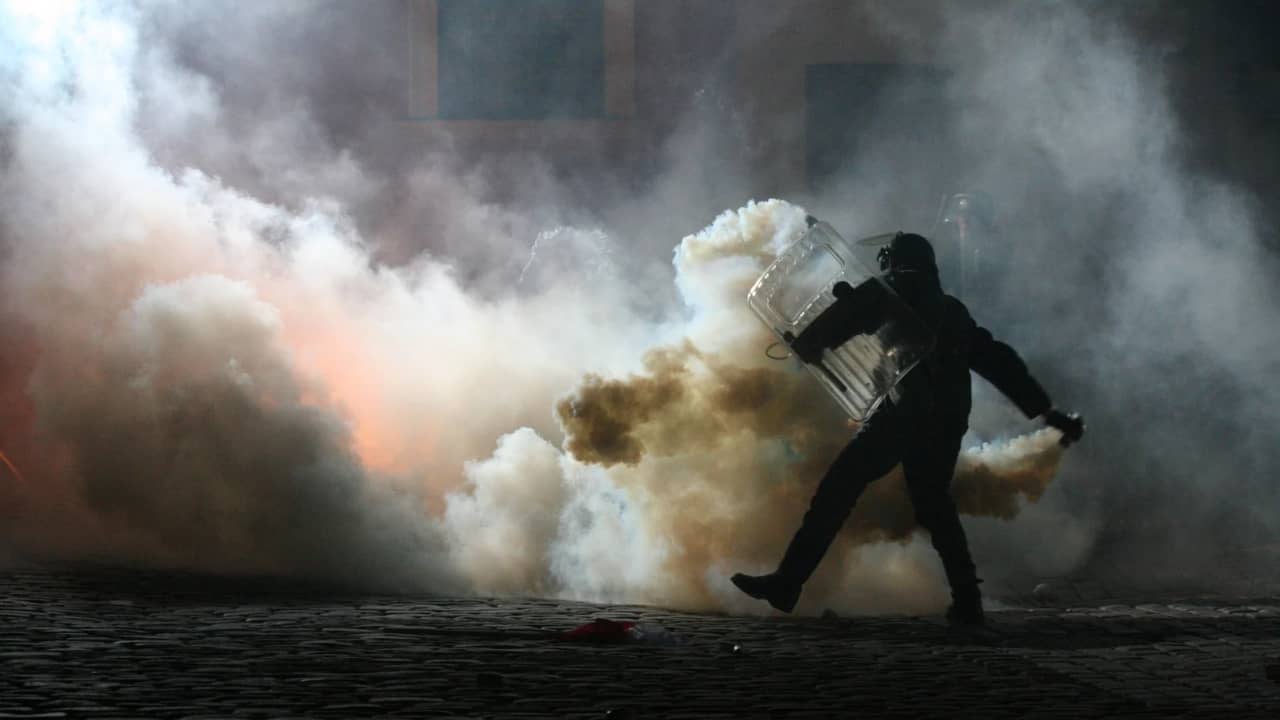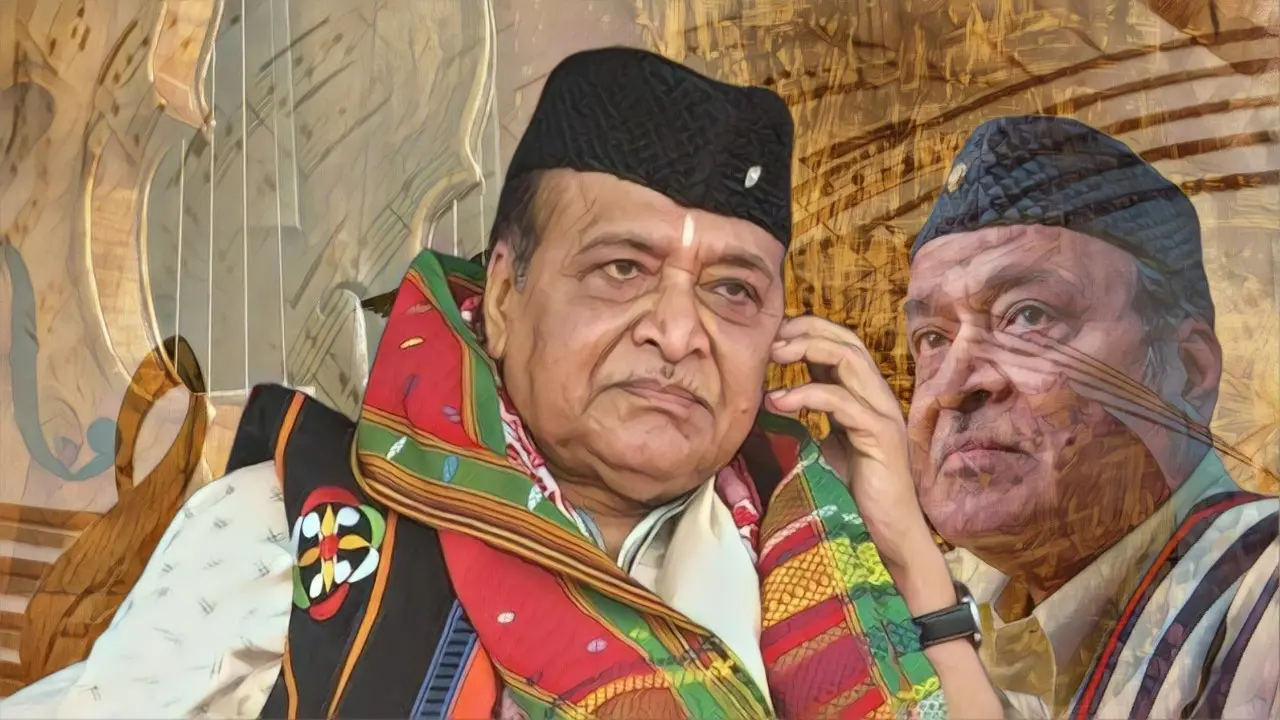Israel-Palestine Conflict Escalation: Global Geopolitical and Economic Repercussions

The Geopolitical Ripple Effects of the Israel-Palestine Conflict
Irfan Khondker, Advocate, May 23, 2024: The Israel-Palestine conflict, with its deep historical roots and complex political narratives, has long been a significant factor in Middle Eastern geopolitics. However, the recent escalation has projected its influence far beyond the regional boundaries, potentially redefining the contours of international relations.
The conflict’s resurgence on October 7, when Hamas militants launched a deadly attack on Israeli soil, has set off a chain reaction with profound global implications. The immediate aftermath saw a significant loss of life and a humanitarian crisis that drew global attention. The Israeli offensive in Gaza resulted in an estimated 28,000 Palestinian casualties, while the initial Hamas attack left 1,200 Israelis dead. This resurgence not only reignited the conflict but also highlighted the intricate web of alliances and enmities that define the region.
One of the most striking aspects of the current situation is the role of Iran. Tehran’s support for various proxy militias, including those in Gaza and the West Bank, has been a longstanding concern for many Middle Eastern states. Despite the devastating human toll, experts like F. Gregory Gause suggest that the underlying geopolitical landscape remains largely unchanged, with Iran’s influence possibly even heightened. This enduring presence underscores Iran’s strategic depth in the region, influencing not just the immediate conflict but also the broader balance of power.
On the international stage, the conflict has strained some of Israel’s key relationships. While ties with neighboring Egypt and Jordan have been tested, perhaps the most notable shift has occurred between the United States and Israel. The Biden administration’s initial unequivocal support has given way to a more nuanced stance, influenced by domestic political pressures and a growing advocacy for Palestinian rights. This shift highlights a potential realignment in U.S. foreign policy, reflecting a broader reconsideration of American priorities in the Middle East.
The war’s impact on the global economy cannot be overlooked. The blockade on Gaza has devastated its economy, affecting the broader region’s economic stability. Restrictions on movement and trade have not only stifled Gazan livelihoods but also highlighted the economic dimensions of the conflict, which could have far-reaching consequences for international trade and investment. The economic fallout is a reminder of how deeply interconnected global markets are, and how regional instability can ripple outwards, affecting economic conditions worldwide.
The reverberations of the conflict are also felt in the Western world, where it has contributed to political and social tensions. The war has complicated the already intricate tapestry of European geopolitics, bringing to the fore challenges associated with immigration, security, and the rise of populism. In countries grappling with waves of immigration and the rise of nationalist sentiments, the conflict has become a flashpoint, influencing domestic policies and electoral politics.
As the world grapples with the ramifications of the Israel-Palestine war, it is clear that its impact extends well beyond the immediate region. The conflict has the potential to reshape alliances, influence economic policies, and challenge the existing international order. The ongoing situation serves as a stark reminder of the interconnectedness of global affairs and the profound effects that regional conflicts can have on the world stage.
In conclusion, while the Israel-Palestine war may not alter the fundamental geopolitical realities, it acts as a catalyst for change, compelling nations to reevaluate their positions and strategies in a rapidly evolving global landscape. This conflict is a testament to the dynamic nature of international relations, where regional events can have global consequences, prompting a continuous reassessment of strategies and alliances in the pursuit of stability and peace.
Also read: Cachar Police Seize 20,000 Suspected YABA Tablets, Arrest Three




